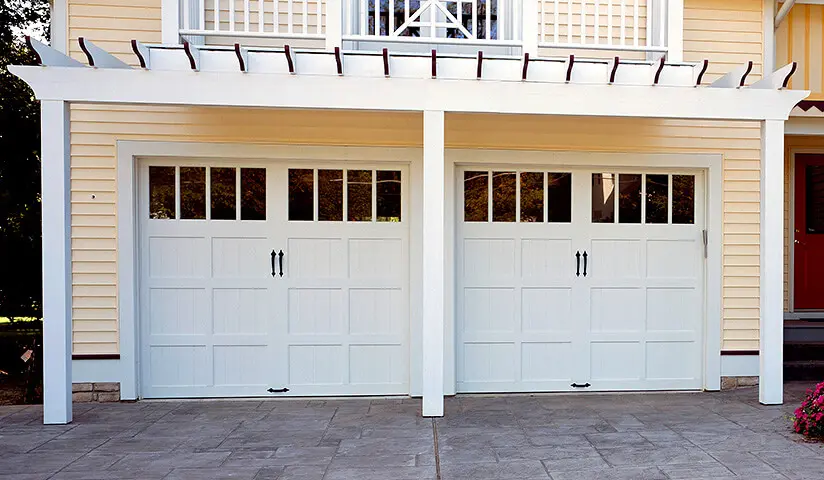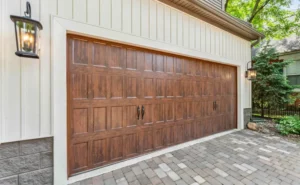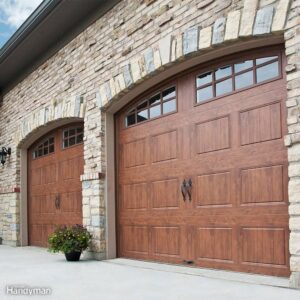- (551) 389-0390
- 5665 John F. Kennedy Blvd, #223, North Bergen, NJ, 07047
- closingmastersgaragedoors@gmail.com
- Sun-Thu: 7am-10pm Fri: 7am-5pm
Your garage door is an integral part of your home, offering both convenience and security. To keep it functioning smoothly and extend its lifespan, regular maintenance is essential. One crucial aspect of garage door maintenance is lubrication. In this blog post, we’ll answer the question, “Do you need to lubricate your garage door?” and explain why it’s a crucial task for every homeowner.

Lubrication is essential for the proper functioning of your garage door for several reasons:

Reduced Friction
Your garage door operates through a system of rollers, hinges, tracks, and springs. Over time, these components can experience friction, which leads to wear and tear. Lubrication reduces friction, preventing premature wear and extending the life of these parts.
Smooth Operation
A well-lubricated garage door moves smoothly and quietly. If you’ve noticed your door making unusual sounds or jerking while in operation, inadequate lubrication may be the culprit. Proper lubrication ensures a quieter and more efficient door.
Prevention of Rust and Corrosion
Garage doors are exposed to the elements, and moisture can lead to rust and corrosion of metal components. Lubrication creates a protective barrier, preventing these issues and preserving the integrity of your door.

The frequency of lubrication depends on several factors, including climate, usage, and the type of lubricant used. However, as a general guideline, you should consider lubricating your garage door:
Every Six Months: Regular lubrication every six months is a good practice for most homeowners. This schedule helps maintain the door’s performance and prevents long-term damage.
After Cleaning: If you’ve recently cleaned your garage door or the surrounding area, it’s an excellent time to apply lubricant. Cleaning can remove old lubricant and expose metal parts to potential corrosion.
When You Notice Noise or Stiffness: If your garage door starts making unusual noises or feels stiffer than usual during operation, it’s a sign that lubrication is needed. Address these issues promptly to avoid further damage.

Here’s a simple step-by-step guide to lubricating your garage door:
Gather Supplies
Clean the Tracks: Start by cleaning the tracks with a cloth to remove dirt and debris.
Apply Lubricant:
Test the Door: Operate the garage door several times to ensure smooth and quiet movement.
Safety First: Always wear safety goggles and gloves while lubricating your garage door to protect your eyes and skin.
Lubricating your garage door is a simple yet crucial maintenance task that can extend its lifespan, improve performance, and reduce the risk of costly repairs. By following a regular lubrication schedule and using the right lubricant, you can ensure that your garage door operates smoothly, quietly, and efficiently for years to come, providing both convenience and peace of mind.
If you’re interested in learning more about lubrication and other garage door maintenance, the professionals at Closing Master Garage Door can help. Contact us today.

Your trusted experts for garage door repair, installation, and maintenance in North Bergen, NJ. Reliable services for residential and commercial properties. Contact us to schedule your service and experience the best in garage door care!